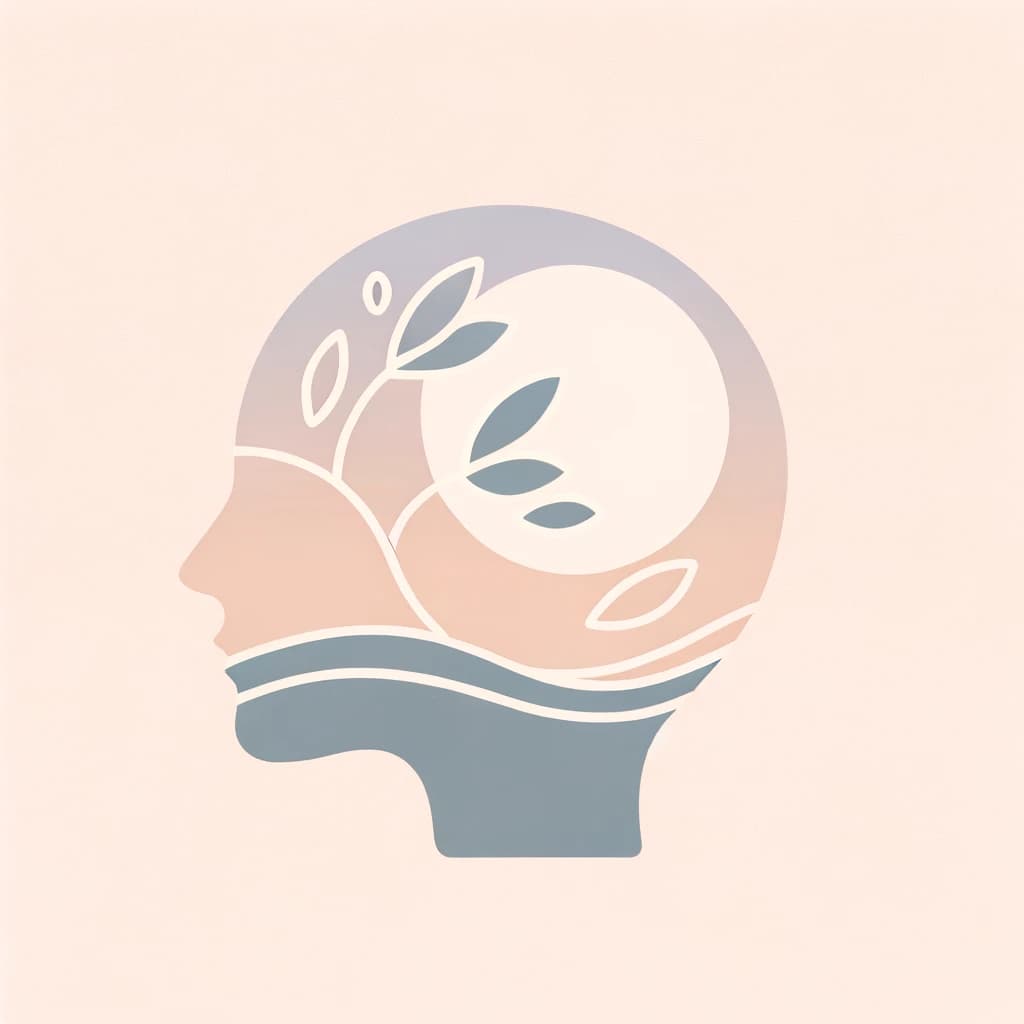## Embracing a Non-Medicinal Approach: Cognitive-Behavioral Therapy for Chronic Insomnia
In the hustle and bustle of modern life, a good night's sleep can often seem elusive. Chronic insomnia, characterized by persistent difficulty in falling or staying asleep, can significantly impact overall health and well-being. Traditional treatments for insomnia often involve medication, but what if there was a non-medicinal approach that helped manage and alleviate this persistent sleeplessness? Enter Cognitive-Behavioral Therapy for Insomnia, or TCC-I for short.
## Understanding Insomnia and TCC-I
Chronic insomnia is more than just an occasional sleepless night. It can lead to a plethora of health issues, including mood disorders, decreased cognitive function, and even increased risk of accidents. Recognizing these implications, healthcare professionals have developed a highly effective therapeutic approach - Cognitive-Behavioral Therapy for Insomnia (TCC-I). This therapy is grounded in the understanding that our thoughts, behaviors, and physical symptoms are interconnected, and addressing them can lead to significant improvements in sleep patterns.
## Key Principles of TCC-I
TCC-I employs a variety of techniques to resolve persistent sleep problems. These include: - Challenging negative thoughts about sleep - Establishing a consistent sleep schedule - Improving sleep hygiene - Relaxation techniques to calm the mind and body before sleep
## The Magic of TCC-I Techniques
TCC-I targets behaviors that might inadvertently perpetuate insomnia, such as irregular sleep schedules or poor sleep hygiene. By learning to manage these factors, patients can break the cycle of insomnia and enjoy the restorative benefits of a good night's sleep.
## Winning the Sleep Battle with TCC-I
The beauty of TCC-I lies in its non-medicinal approach. Unlike sleeping pills, TCC-I empowers individuals to take control of their sleep patterns. Research has shown that TCC-I can lead to long-term improvements in sleep quality and duration, often rivaling the results achieved through medication.
## The Road to Better Sleep
If you're grappling with chronic insomnia, consider embracing a non-medicinal approach. Cognitive-Behavioral Therapy for Insomnia (TCC-I) offers a promising solution. While it may take effort and patience, the rewards—improved health, increased productivity, and a more balanced emotional state—are well worth the journey. So take the first step towards better sleep today. Embrace TCC-I, and reclaim your nights from the grip of insomnia.

